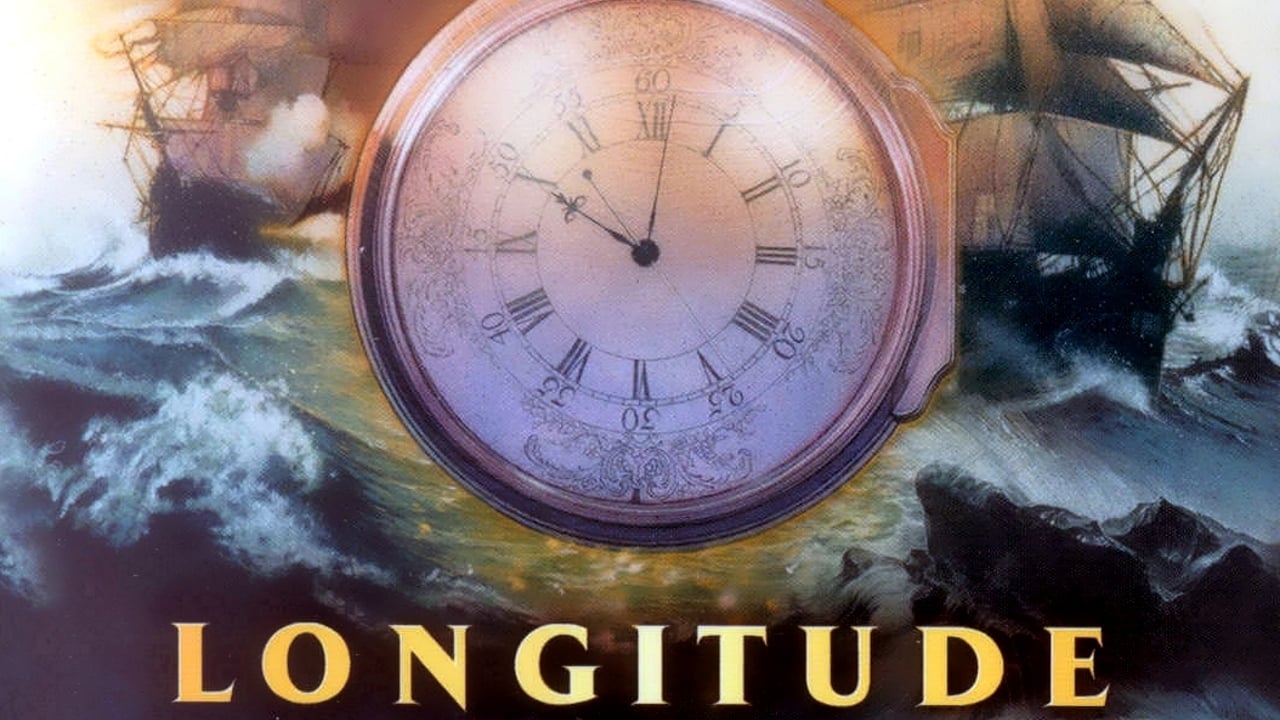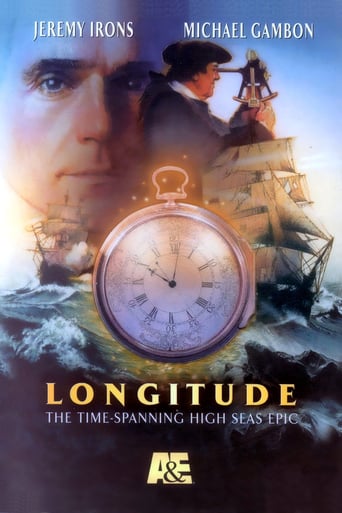

That was an excellent one.
... View MoreEntertaining from beginning to end, it maintains the spirit of the franchise while establishing it's own seal with a fun cast
... View MoreThe plot isn't so bad, but the pace of storytelling is too slow which makes people bored. Certain moments are so obvious and unnecessary for the main plot. I would've fast-forwarded those moments if it was an online streaming. The ending looks like implying a sequel, not sure if this movie will get one
... View MoreIt is interesting even when nothing much happens, which is for most of its 3-hour running time. Read full review
... View MoreI bought this movie on DVD and it ended up costing me just few euros. Didn't except much but was intrigued by its historical settings and actors presented on the cover of the DVD. When I started to watch it I noticed that I was glued to my seat for the rest of the movie. When it was over I realized I could not find any flaw in this movie and its now considered to be one of my favorite movies.The story or should I say stories are both great. Transitioning between the original creator of the clocks in 1800's and the veteran of the first world war, who takes its his personal quest to find the clocks and fix them to working condition, is handled marvelously. In the end this is a story of unappreciated persons in two points of history who both are connected by the obsession to the most precise time there can be.I recommend this movie to anyone interested in history or people that enjoy great movies. From me it gets full ten points.
... View MoreAll great stories deal with conflict and overcoming difficulties. The vast majority of films that are produced thesedays feature heros who triumph based on who is a bigger bad ass or has got the biggest guns or bombs. Here is a film that has virtually no 'action' other than a few cannons fired and a lashing or two during the parts at sea, but is filled with the sort of tension and drama that keeps the viewer constantly involved.If you enjoy intelligent movies, then you should definitely seek this film out. It sounds dreadfully boring if you read the plot summary, but it isn't. It is wonderfully written and produced and contains much light humor as well, making it truly entertaining.One film that it reminded me of is "Master and Commander" because of the similar scenes of the British navy and the theme of the struggle of science and progress in the face of war and politics with intelligence and perseverance winning out in the end.The interwoven story of Rupert Gould is just as interesting and provides an artistic counterpoint to the main story. Again, we have the story of a man who continues with his work in spite of numerous obstacles of the most serious magnitude because he knows that the world will be a better place as a result of that work.The film is long and you should wait until you have enough time to sit down and watch it through to the end because once you begin you will have difficulty turning it off.
... View MoreHaving read the book by the same name, seen the movie, read all the previous reviews, I would generally agree with most of the reviews. I note that no one has yet mentioned that the movie gave much more prominence to JH's son than the book of the same name suggested.Overall, a very good movie. Very informative, a more complex and interesting plot than one might at first imagine, with only two negative aspects. Firstly, I think that the 1930s subplot detracted from rather than added to the movie.And secondly, in my opinion, British movies are generally grossly overdramatised and overacted, and this was certainly consistent with that. For example, the Neville Maskylene was very villanous, overacted to the point of being a melodramatic villain. I felt like booing the TV out loud every time the camera closed in on his face. Ditto for Brian Cox, in a role that seemed not too different from his Herman Goering.Nevertheless, in summary, a very interesting movie for what I would suspect to be a very very very limited audience. As always, the BBC production seems pretty well flawless in its creation of the atmosphere and props of the period.
... View More*Possible spoilers follow*I had the pleasure of viewing Longitude on A & E last night after finding my self intrigued by the ads they had run during the day. Prior to seeing it, I must confess that I had been ignorant of the struggles of John Harrison or Dava Sobel's chronicle of them. Even though I was initially dismayed that the film appeared to be a British costume drama I decided to give it a chance. I am thankful I did, because I was absolutely engrossed after no more than thirty minutes. The overall premise is man's quest to determine an accurate method of determining his longitude to navigate the seas more safely. This hook is presented right at the beginning of the film and the title of the film is explained. As we will see later in the film, this problem is not easily solved. In this day and age of satellite GPS we find it amazing that such a great effort was undertaken to obtain information we take for granted on a daily basis. What makes the film work is that we experience this epic quest from two extremely intense personal struggles. Michael Gambon does not become John Harrison...Gambon IS Harrison! In this life, I will be privileged to view another performance as convincing as Gambon's. The net effect of this is to communicate Harrison's passion for solving the longitude problem and create great empathy within the viewer. However, what truly elevates "Longitude" as a film is the segues to and from the struggles of Rupert Gould, a brilliant man who became obsessed with the restoration and preservation of the Harrison chronometers in the first half of this century. Jeremy Irons' portrayal of Gould is nearly a match of Gambon's. Gould is presented as a kindred spirit to Harrison, and the interweave of both men's tales is deftly handled. Their triumphs and failures are layered upon one another, and this only serves to heighten the emotion evoked by the film. Believe me, emotion is evoked in spades as we see Harrison and Gould question their capabilities as engineers and scientists, whether or not the pursuit of their dreams is worth the opposition of the establishment, and if those same dreams are worth the sacrifice of their interpersonal relationships. There are several moving moments between Harrison and his faithful son William who is also magnificently played by Ian Hart. These personal struggles and triumphs are what drive the film and make the story of the solution to the longitude problem so compelling. "Longitude" is an utterly magnificent achievement of filmed entertainment that enlightens and moves the viewer with its epic yet intimate portrayal of a man attempting to solve a problem we find simple today but was considered the greatest scientific quandary of its time.
... View More